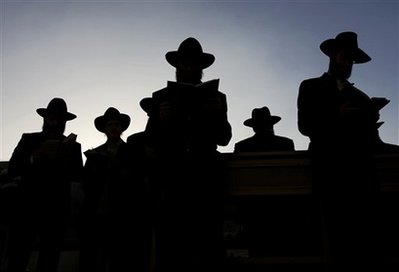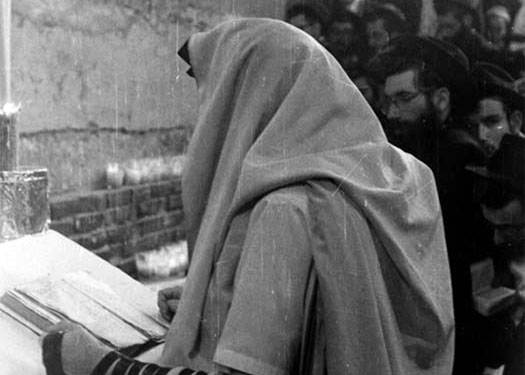The Younglings (You’re Not A Hipocryte)
Doing good for an ulterior motive isn’t always such a bad thing… Moshe Rabbeinu reminds the Jewish people about the time they believed the scouts’ report about Eretz Yisroel. He tells them that their children, who didn’t take part in that episode would merit to enter the Land. “[Furthermore,] your young children, [about whom] you said, ‘They will be prey,’ and your children who on that day did not know good and evil, they will go there and I will give…









